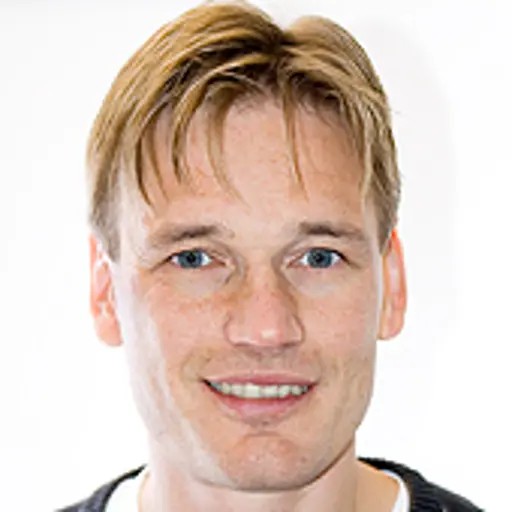Om kursen
Advanced Material Mechanics
7.5 credit points,
Quarter 4, academic year 2014-15
Instructors
Prof. Magnus Ekh, ph. 772 3479, mekh@chalmers.se
Prof. Kenneth Runesson, ph. 772 1973, keru@chalmers.se
General purpose
The aim is to provide the Ph.D. student with up-to-date concepts that go beyond the first course in material mechanics (such as MHA042 Material Mechanics). Such knowledge is necessary in order to develop and implement phenomenological constitutive models for engineering materials of various types. The setting is restricted to small strains. The main idea is to present model concepts and the appropriate computational technique(s) in symbiosis with the ultimate purpose to construct a "constitutive driver" as a piece of computer code. An outlook is made to non-standard constitutive features that are important ingredients in modern development of constitutive models, thereby touching on the forefront of research.
Prerequisites
It is recommended that the student has acquired background knowledge corresponding to an introductory course in
- continuum mechanics, e.g. TME235 Mechanics of Solids at Chalmers
- material mechanics, e.g. MHA042 Material Mechanics at Chalmers
Preliminary contents
Approximately 10 lectures will comprise the following (tentative) topics:
- Tensor calculus, coordinate transformations, invariant representations
- Continuum thermodynamics for solids
- Elasticity - isotropy and anisotropy
- Standard dissipative materials
- Plasticity - viscoplasticity, crystal plasticity
- Damage and failure - low-cycle-fatigue, creep failure
- Calibration of constitutive models
Course work and examination
The core of the course work concerns 3-4 different computer assignments (CA) involving computation based on material models. Completed course work gives 7.5 credit points. Examples of possible CA's are as follows:
- Anisotropic elasticity - Application to composite material
- Viscoplasticity for plane stress (von Mises' criterion with nonlinear mixed hardening)
- Non-standard yield criterion - Application to forming, ductile failure, etc. (Hill's criterion, Gurson's criterion).
- Creep failure - Application to turbine component
- Calibration of a material model - Application to component with measurement data from inhomogeneous deformation field
Course fee
The course is free of charge for students registered with the graduate school of Solid and Structural Mechanics at Chalmers. The cost for other students is 5,000 SEK for entering the course and 10,000 SEK for a completed course in order to obtain credit.
Literature
- Kenneth Runesson, Paul Steinmann, Magnus Ekh and Andreas Menzel, Constitutive Modeling of Engineering Materials - Theory and Computation. Vol I. General Concepts and Inelasticity. Department of Applied Mechanics, Chalmers University of Technology, 2015. (in preparation, selected chapters).
- Kenneth Runesson, Paul Steinmann, Magnus Ekh and Andreas Menzel, Constitutive Modeling of Engineering Materials - Theory and Computation. Vol II. Damage and Fracture. Department of Applied Mechanics, Chalmers University of Technology, 2015. (in preparation, selected chapters).
Preliminary time table
150601: First meeting to discuss the course specifics
150602 - 150625: 1st session, approx. 4 lectures
150810 - 150828: 2nd session, approx. 6 lectures
Mer information
Kurslitteratur
- Kenneth Runesson, Paul Steinmann, Magnus Ekh and Andreas Menzel, Constitutive Modeling of Engineering Materials - Theory and Computation. Vol I. General Concepts and Inelasticity. Department of Applied Mechanics, Chalmers University of Technology, 2015. (in preparation, selected chapters).
- Kenneth Runesson, Paul Steinmann, Magnus Ekh and Andreas Menzel, Constitutive Modeling of Engineering Materials - Theory and Computation. Vol II. Damage and Fracture. Department of Applied Mechanics, Chalmers University of Technology, 2015. (in preparation, selected chapters).

